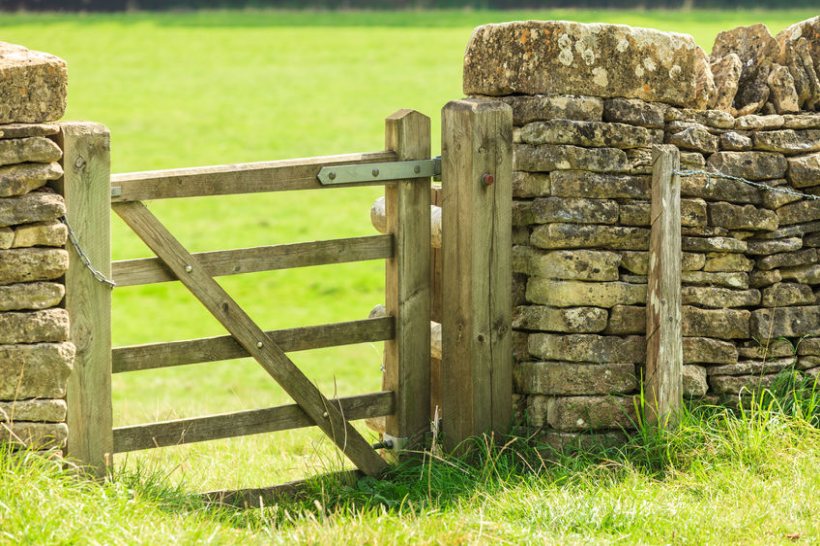
The government must do more to engage with people who live and work in the countryside during any policy-making process, the NFU has said.
Defra's new report 'Rural proofing in England 2020' looks at how different government departments have rural proofed policies.
The initial report has identified numerous areas where policies do not work from a rural perspective.
For example, while there are plans to move services like GP and primary care online, many people living in the countryside do not have sufficient connectivity and broadband to access them.
As well as this, only 10% of the 180,000 new homes being built across the country are due to be in rural settlements, even though there is already lack of rural housing.
Responding to the report, the NFU said government departments must do better involve rural communities in policy-making processes.
The union's vice president Tom Bradshaw said: "The government has to realise that it’s not just Defra policies that impact rural areas.
“It’s clear that rural proofing must be taken more seriously across all government departments, not just those with a specific rural brief."
He added that it was 'essential' that all government departments did 'far more' to engage with people who lived and worked in the countryside.
“Any policy decisions that have an impact on people’s homes, livelihoods and services are clearly as important to rural communities as those living in urban areas."
The NFU said in its recent 'Levelling up rural Britain' report that rural proofing would be a crucial element for government if the UK was to maximise its goal of national prosperity and increased productivity.
The report highlighted how British farming and rural areas could be the solution to several challenges, particularly by driving sustainable food production and carbon neutral food.
It also showcased how rural areas were placed to help the UK's recovery post-Covid, by delivering physical and mental health through the farmed landscape.
